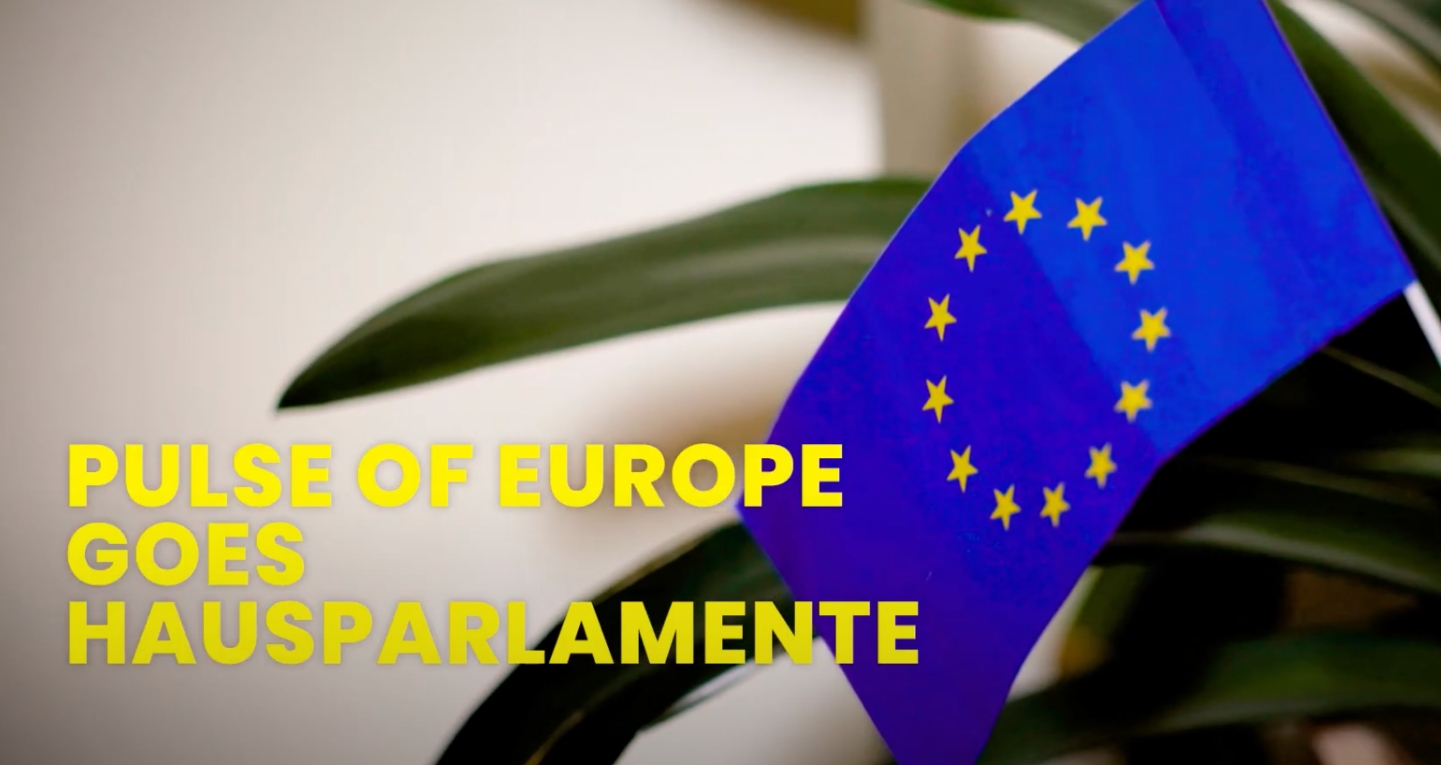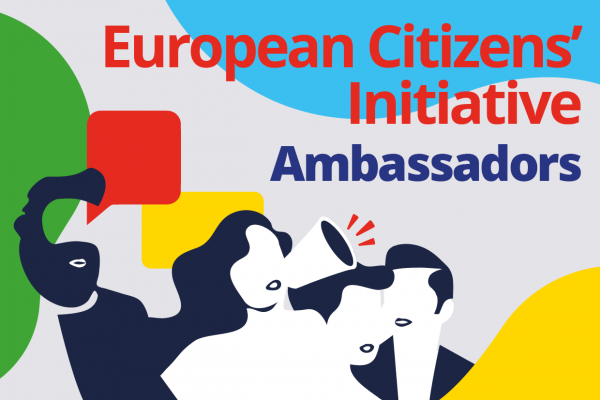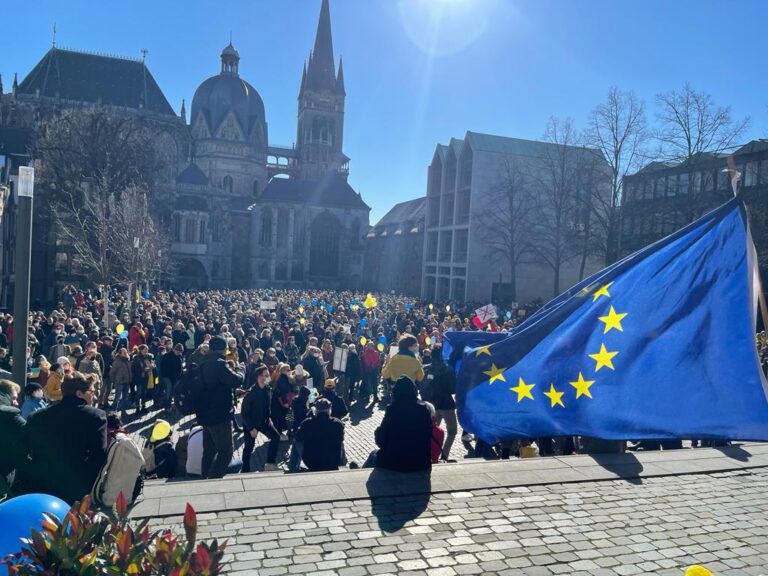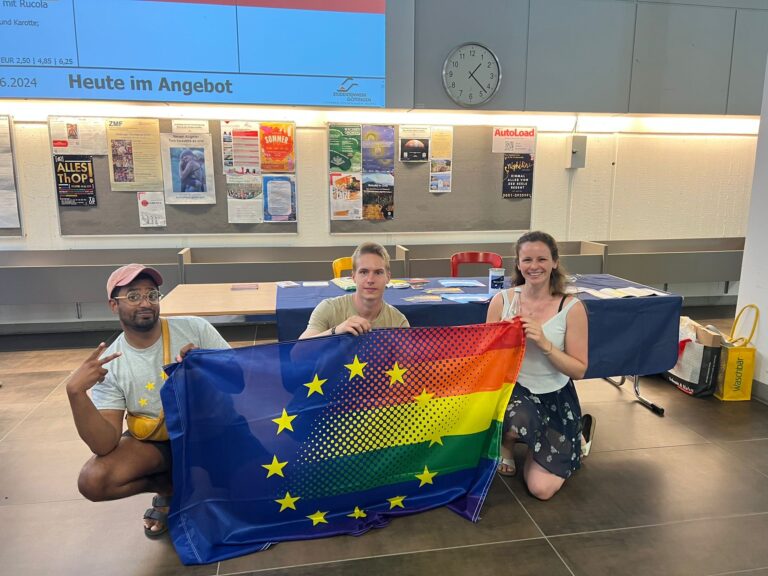Es war eine historische Rede von Joe Biden nach einer historisch wirksamen Politik, die er für sein Land gemacht. Jetzt setzt er auf Kamala Harris und das, was 🇺🇸 groß gemacht hat: “Die Idee von Amerika liegt in euren Händen."
#DemocracyVsAutocracy
#PulseofEurope
...
“Joe Bidens Rückzug:
Ein letztes Mal das Land über alles stellen
Tagelang hat Joe Biden zu seinem Rückzug geschwiegen. Dann hält er eine emotionale Rede im Oval Office. Nun will er das Ende seiner Amtszeit noch nutzen. Das wird schwer.
…
Es soll noch einmal eine Heldenerzählung werden. Joe Biden sitzt im Oval Office des Weißen Hauses und wendet sich an die Nation. Als Präsident, aber auch als Demokrat, als Wahlkämpfer. Er will und muss erklären, warum er sich von seiner Kandidatur zurückgezogen hat und wie er die finalen sechs Monate seiner Präsidentschaft gestalten will.
"Die Verteidigung der Demokratie ist wichtiger als jedes Amt", sagt Joe Biden. Also auch wichtiger als der wichtigste Titel in den Vereinigten Staaten. "Ich verehre mein Amt, aber ich liebe mein Land mehr." Es ist eine klare Botschaft, die Biden in einer gerade einmal elf Minuten langen Rede herüberbringen will: dass es kurz vor der Präsidentschaftswahl um die Zukunft der Demokratie geht. Ob Charakter in öffentlichen Ämtern noch zähle, fragt Biden. Er will den seinen an diesem Abend noch einmal zeigen. Es ginge nicht um ihn, es gehe um die Bürger. Der Held, der das Richtige tut für das große Ganze.
…
Seit Lyndon B. Johnson 1968 hat es keinen amtierenden Präsidenten mehr gegeben, der keine zweite Amtszeit angestrebt hat. "Der beste Weg nach vorn darin besteht, die Fackel an eine neue Generation weiterzugeben", sagt Biden. "Das ist der beste Weg, unser Land zu vereinen:"
…
"Die Idee von Amerika liegt in euren Händen."
Es ist eine von Bidens wichtigsten Reden. Die er nie halten wollte.
Weil er sein Erbe als Präsident sichern will. Seine Bilanz verdiene eine zweite Amtszeit, aber nichts dürfe der Demokratie im Wege stehen. "Auch nicht persönliche Ambition."
Weil er im Moment der höchsten Aufmerksamkeit einen Versuch machen will, unentschlossene Wählerinnen und Wähler zu gewinnen. "Die Geschichte liegt in euren Händen ... Die Idee von Amerika liegt in euren Händen."
👉https://www.zeit.de/politik/ausland/2024-07/joe-biden-rueckzug-demokraten-kamala-harris

















